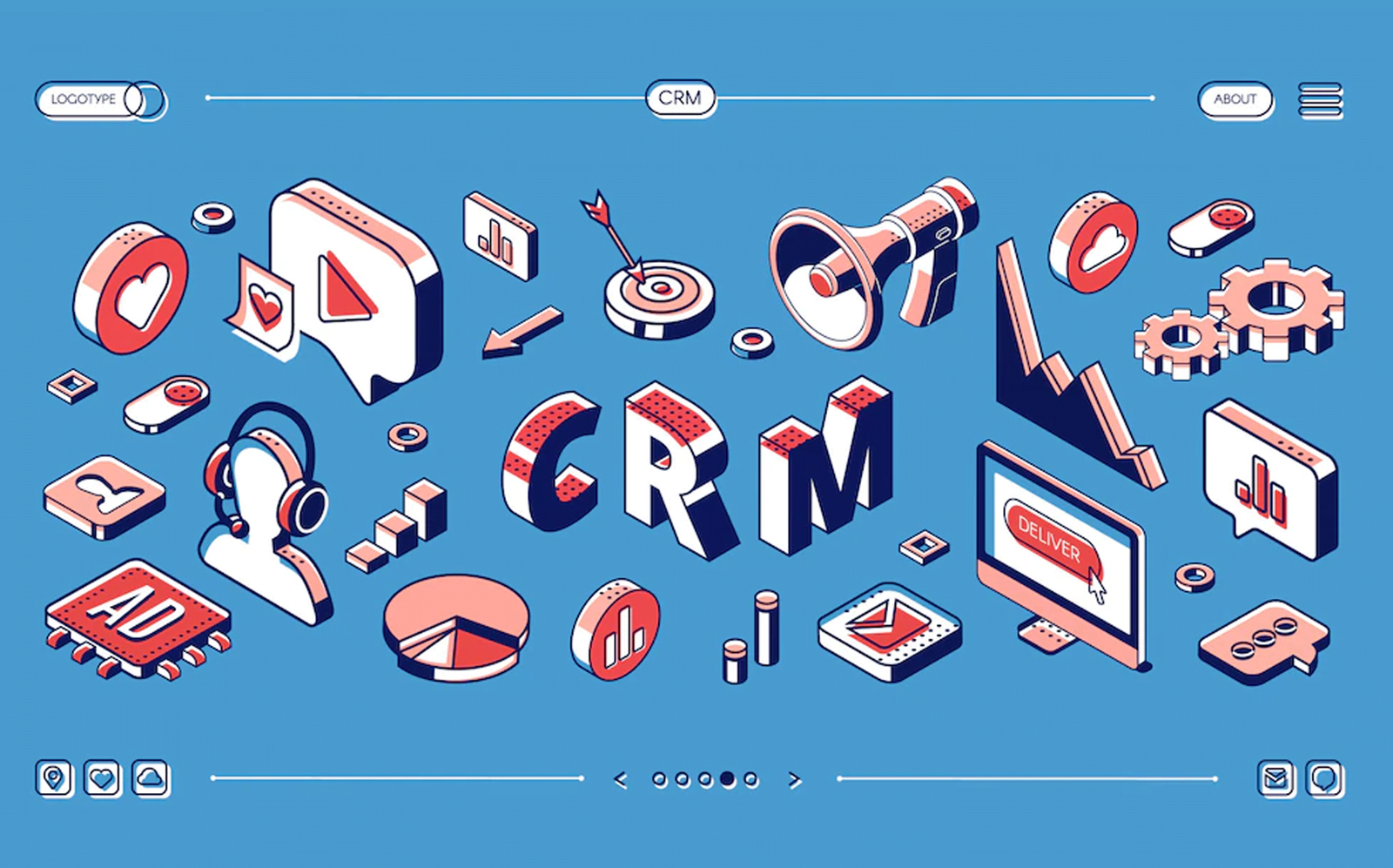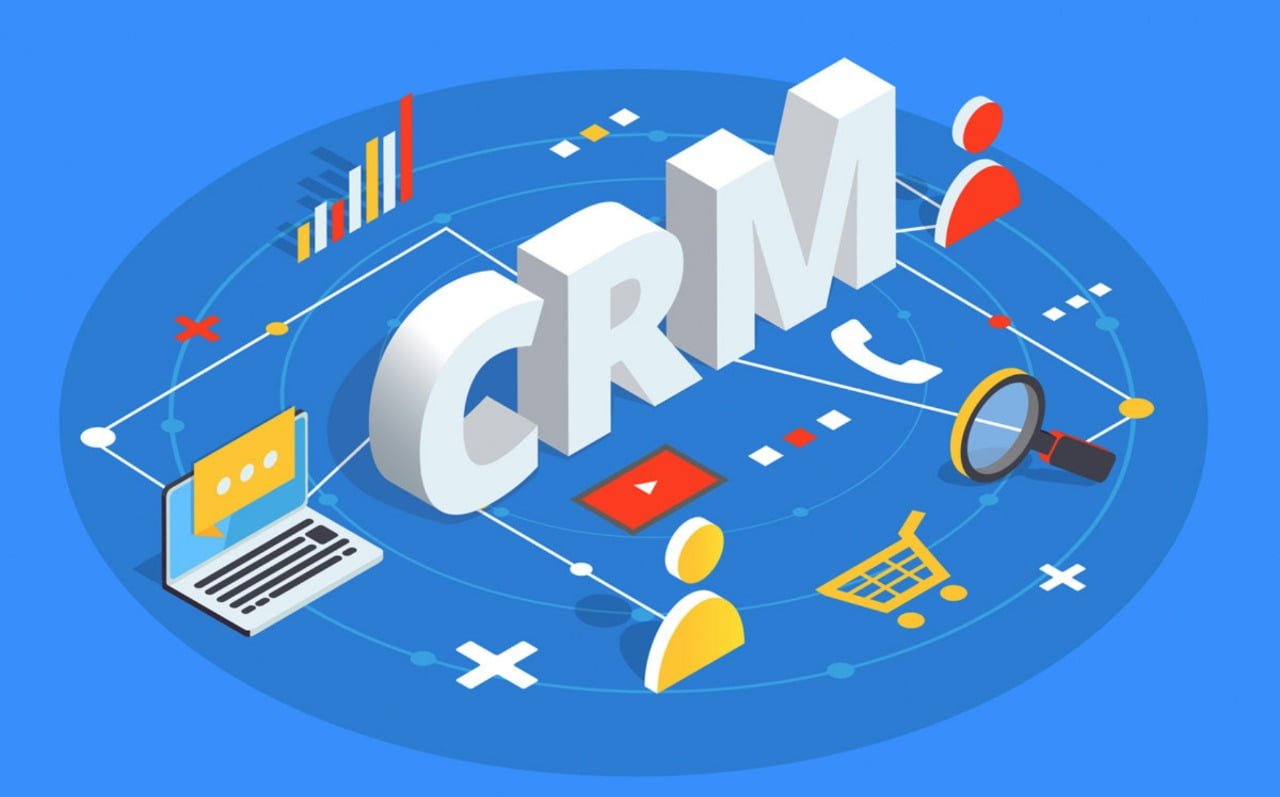What is project manager?

A project manager is a professional responsible for planning, executing, and closing a project. A project is a temporary endeavor with a specific goal, such as the construction of a building, the launch of a new product, or the implementation of a new process. Project managers are tasked with managing the resources, scope, budget, and timeline of a project, ensuring that it is delivered on time, within budget, and to the satisfaction of the stakeholders.
The role of a project manager is critical to the success of a project. They are responsible for establishing clear objectives, defining the scope of work, and identifying the resources required to complete the project. They work with the project team to develop a detailed project plan that outlines the activities, timelines, and milestones necessary to achieve the project objectives. They also monitor progress against the plan, identify and manage risks, and make adjustments as necessary to keep the project on track.
One of the key responsibilities of a project manager is to communicate with stakeholders, including project sponsors, team members, customers, and other interested parties. They must ensure that all stakeholders are aware of the project status, and they must be able to provide timely updates and respond to questions and concerns. They must also be able to manage expectations, ensuring that stakeholders understand the limitations and constraints of the project, and that they are realistic in their expectations.
Project managers must also be effective leaders, capable of motivating and inspiring the project team. They must be able to delegate tasks and responsibilities, while also providing guidance and support to team members. They must create a positive and collaborative team environment, encouraging open communication, and promoting a culture of accountability and responsibility.
To be a successful project manager, individuals must possess a broad range of skills and competencies. They must be able to think strategically, identifying the big picture goals of the project and developing a plan to achieve them. They must also be highly organized, able to manage multiple tasks and priorities simultaneously. They must be able to communicate effectively, both verbally and in writing, and they must be able to collaborate with others to achieve common goals.
Project managers must also be adept at managing resources, including personnel, budget, and time. They must be able to identify the resources required to complete the project, allocate them effectively, and monitor their usage to ensure that the project stays on track. They must also be skilled at managing risks, identifying potential issues and developing contingency plans to mitigate their impact.
In addition to these technical skills, project managers must also possess strong leadership qualities. They must be able to inspire and motivate their team, creating a culture of collaboration, creativity, and innovation. They must be able to lead by example, demonstrating a strong work ethic, a commitment to quality, and a focus on results.
Finally, project managers must be able to adapt to changing circumstances and manage complexity. Projects are inherently unpredictable, and project managers must be able to respond to unexpected events and changing requirements. They must be flexible, creative, and able to think outside the box to find solutions to complex problems.
A project manager is a professional responsible for planning, executing, and closing a project. They must possess a broad range of skills and competencies, including strategic thinking, organizational skills, communication skills, resource management, risk management, leadership, and adaptability. They are critical to the success of a project, ensuring that it is completed on time, within budget, and to the satisfaction of all stakeholders.
About Project Manager and CRM
Project management is a critical process that involves planning, executing, and monitoring projects from start to finish. It involves the use of various tools and techniques to ensure that projects are completed on time, within budget, and to the satisfaction of stakeholders. One of the most important tools for project managers is customer relationship management (CRM) software. CRM software helps project managers manage customer interactions and track customer-related data.
CRM software provides a variety of features that can be useful to project managers. For example, it can help project managers track customer interactions, such as phone calls, emails, and meetings. This information can be used to understand customer needs and preferences, and to ensure that projects are designed to meet those needs. Additionally, CRM software can help project managers track customer satisfaction and collect feedback on completed projects. This information can be used to improve future projects and to build stronger customer relationships.
Another important feature of CRM software is its ability to track sales and revenue data. This information can be used by project managers to assess the financial impact of projects and to make data-driven decisions about future projects. For example, if a project is not generating enough revenue, project managers can use CRM data to identify the root cause and make changes to improve financial performance.
CRM software can also be used to track project-related data, such as project timelines, budgets, and resource allocations. This information can be used to identify potential issues early on in a project and to take corrective action to ensure that the project stays on track. Additionally, project managers can use CRM software to track project milestones and deliverables, and to assign tasks to team members.
One of the biggest benefits of using CRM software for project management is that it helps project managers stay organized and focused. By keeping all customer and project-related data in one place, project managers can easily access the information they need to make informed decisions and take action. Additionally, CRM software can help project managers prioritize tasks and allocate resources more effectively, which can help improve project efficiency and reduce costs.
There are several key considerations that project managers should keep in mind when selecting a CRM software solution. First, they should consider the specific needs of their organization and the types of projects they typically work on. For example, if the organization primarily works on large, complex projects with long timelines, they may need a CRM solution that is designed to handle these types of projects.
Project Manager and CRM (Advance Pro version)
Project managers are tasked with overseeing and executing complex projects within an organization. They are responsible for leading teams, managing resources, and ensuring that projects are completed on time and within budget. One tool that has become increasingly popular for project management is CRM software, specifically the advanced pro version. In this article, we will explore 10 ways that project managers can benefit from using advanced pro version CRM software.
Improved Communication:
One of the primary benefits of using advanced pro version CRM software is improved communication. With this software, project managers can easily communicate with team members, stakeholders, and clients. The software allows for real-time updates and notifications, which helps to keep everyone on the same page.
Enhanced Collaboration:
Collaboration is crucial for successful project management, and advanced pro version CRM software makes collaboration easier. The software allows team members to share documents, feedback, and ideas in real-time. It also provides a centralized location for all project-related information, which helps to keep everyone informed.
Better Resource Management:
Advanced pro version CRM software helps project managers to manage resources more effectively. The software provides a clear overview of all resources, including people, equipment, and materials. This makes it easier to allocate resources and ensure that they are being used efficiently.
Streamlined Project Planning:
Planning is a critical part of project management, and advanced pro version CRM software can help to streamline the process. The software allows project managers to create project plans, timelines, and schedules easily. It also provides tools for tracking progress and identifying potential issues before they become problems.
Automated Reporting:
Advanced pro version CRM software makes reporting much easier. The software can generate reports automatically, providing project managers with real-time data on project progress, resource usage, and budget. This helps project managers to make informed decisions and adjust plans as necessary.
Improved Risk Management:
Risk management is essential for successful project management, and advanced pro version CRM software can help to improve risk management. The software provides tools for identifying potential risks and developing strategies to mitigate them. It also allows project managers to monitor risks in real-time and take action as needed.
Increased Efficiency:
Advanced pro version CRM software can help project managers to work more efficiently. The software automates many routine tasks, such as scheduling meetings and sending reminders. This frees up time for project managers to focus on more critical tasks, such as managing resources and solving problems.
Better Customer Relationship Management:
CRM software is designed to manage customer relationships, and the advanced pro version is no exception. The software provides tools for tracking customer interactions, managing customer feedback, and developing customer relationships. This can be especially beneficial for projects that involve customer-facing deliverables.
Improved Data Management:
Data management is critical for project management, and advanced pro version CRM software can help to improve data management. The software provides tools for storing, organizing, and analyzing project-related data. This can help project managers to make informed decisions based on real-time data.
Increased Accountability:
Accountability is critical for successful project management, and advanced pro version CRM software can help to increase accountability. The software provides a clear record of all project-related activities, making it easier to track progress and ensure that everyone is accountable for their tasks and responsibilities.
Advanced pro version CRM software can be a valuable tool for project managers. It can help to improve communication, collaboration, resource management, project planning, reporting, risk management, efficiency, customer relationship management, data management, and accountability. If you are a project manager looking for a tool to help you manage complex projects more effectively, consider investing in advanced pro version CRM software.
Conclusion
In conclusion, using a CRM Advance Pro version as a project manager can be a useful tool to help you manage your project effectively and improve your customer relationships. It can help you track progress, manage resources, and stay organized, while also providing you with valuable insights into your customer interactions and sales. However, it’s important to carefully evaluate your options and choose a CRM that meets your specific needs and budget.
Frequently Asked Questions
Project Manager and CRM (Advance Pro version) is a software tool that combines project management and customer relationship management (CRM) functionalities into one platform. It helps businesses manage projects, track tasks, and stay on top of customer interactions.
The key features of Project Manager and CRM include project management tools such as task management, time tracking, and project reporting, as well as CRM features such as lead management, contact management, and sales pipeline tracking.
Project Manager and CRM provides businesses with tools to track project progress, assign tasks to team members, and monitor project timelines. It also allows teams to collaborate and communicate in real-time, ensuring everyone is on the same page.
Project Manager and CRM helps businesses manage customer relationships by providing a centralized database of customer information. This includes contact details, interactions, and purchase history. The software also allows businesses to track leads, manage sales pipelines, and automate marketing campaigns.
Yes, Project Manager and CRM can be customized to fit the q needs of a business. The software allows users to create custom fields, workflows, and reports to ensure that the tool aligns with the unique needs of their business.



